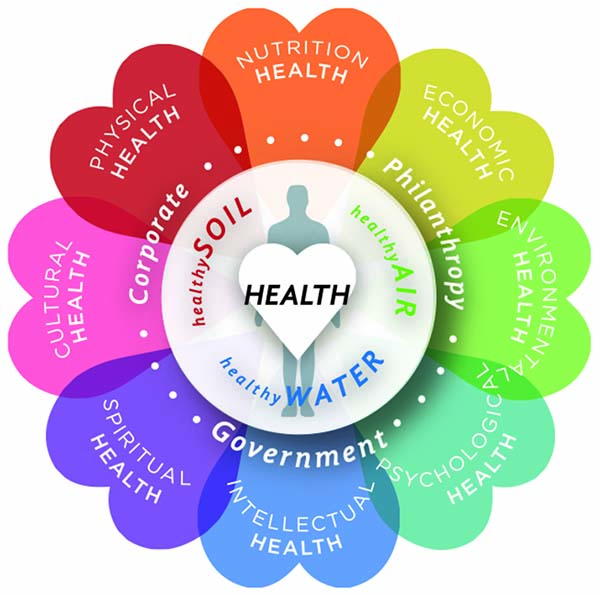 Not so secret confession: I have always been a foodie. One of the first things that made me fall in love with Louisville was being told that we have more restaurants per capita than any other city in the United States.
Not so secret confession: I have always been a foodie. One of the first things that made me fall in love with Louisville was being told that we have more restaurants per capita than any other city in the United States.
For centuries, the traditional Jewish greeting has often been, not – the rarely genuine “how are you” – but rather “what have you been reading?” However, for many Jews, and indeed, many Louisvillians, it has become “what have you eaten recently?” or perhaps “what have you read about where/what to eat?”
While one could see this as a sign of our shift away from the written word, I believe that we can interpret this as a sign of the interconnectedness between food for the body and food for the soul. Food blogs such as “The Jew and The Carrot” reflect the important intersection of these two great loves, and the importance of culinary mindfulness and dialogue around the spiritual significance of food.
The old adage “you are what you eat” certainly articulates a Jewish approach to food. Kashrut regulates what we can eat, and how it should be prepared, as part of traditional Judaism’s overall moral and religious obligations. But it also speaks to the ways in which identity is interwoven with food. From a Jewish perspective, the decisions that we make about what we eat are of divine significance.
Hippocrates once said: “Let food be thy medicine and medicine be thy food” As Jewish Hospital launches its kosher food menu in its cafeteria, becoming a kosher dining destination for the Louisville community, we are mindful that this is not only an affirmation of our religious and cultural heritage as a Jewish hospital, but also an integral part of our larger commitment to health which informs our menu.
Hippocrates’ insight also informs the care that we seek to provide and even some of our healthy community initiatives – such as our supporting projects that bring farm fresh food to areas of Louisville previously considered “food deserts.” All people should have access to healthy food, because this is an important cornerstone to health and wellness.
This approach is also at the core of the new program that KentuckyOne Health is launching through its Healthy Lifestyle Centers: “Dr. Ornish’s Program for Reversing Heart Disease™” which emphasizes an organic, sustainable, primarily whole-food, plant-based nutrition plan as part of its evidence-based approach to health and wellness.
Our greatest Torah commentators have long advocated for a plant-based diet. The medieval rabbi, Rashi, in his commentary on the first chapter of Genesis taught: “the Holy One did not permit Adam and his wife to kill a creature and to eat its flesh. Only every green herb shall they all eat together.”
Ibn Ezra, Maimonides, Nahmanides and Rav Kook are just some of the rabbis who exhorted the virtues of vegetarianism, both in terms of compassion and reverence for life, but also in terms of its overall benefit for us. Recent scientific research confirms the Torah’s diet recommendations.
The comprehensive program of lifestyle changes pioneered by Dr. Dean Ornish rests on four equally weighted components: healthy vegetarian eating, moderate physical activity, stress reduction, and emotional support.
Many people may wonder: “can such a seemingly simple solution really slow, stop, or in some cases even REVERSE the progression of heart disease and other conditions?” Yet 37 years of peer-reviewed research have consistently demonstrated that this can be an important pathway to healing and wellness.
Join one of KentuckyOne’s open houses at Medical Center Jewish Northeast to learn more about the Healthy Lifestyle Centers and the Ornish Reversal Program: July 7 and 9 from 10-11:30 a.m. and July 13 and 20 from 6-7:30 p.m. Refreshments served. Call 502-210-4520 to RSVP. Or visit KentuckyOneHealth.org/healthylifestyle.
The Ruach Chayim on Pirkei Avot 3:3 comments that “the body and soul are united in the act of eating” and rabbinic tradition has long seen the dinner table to be reminiscent of the biblical altar. May our next meal be an opportunity for us to make choices that can lead us toward a healthier and happier life – physically and spiritually. As the Talmud asks: “If not now, when?”



